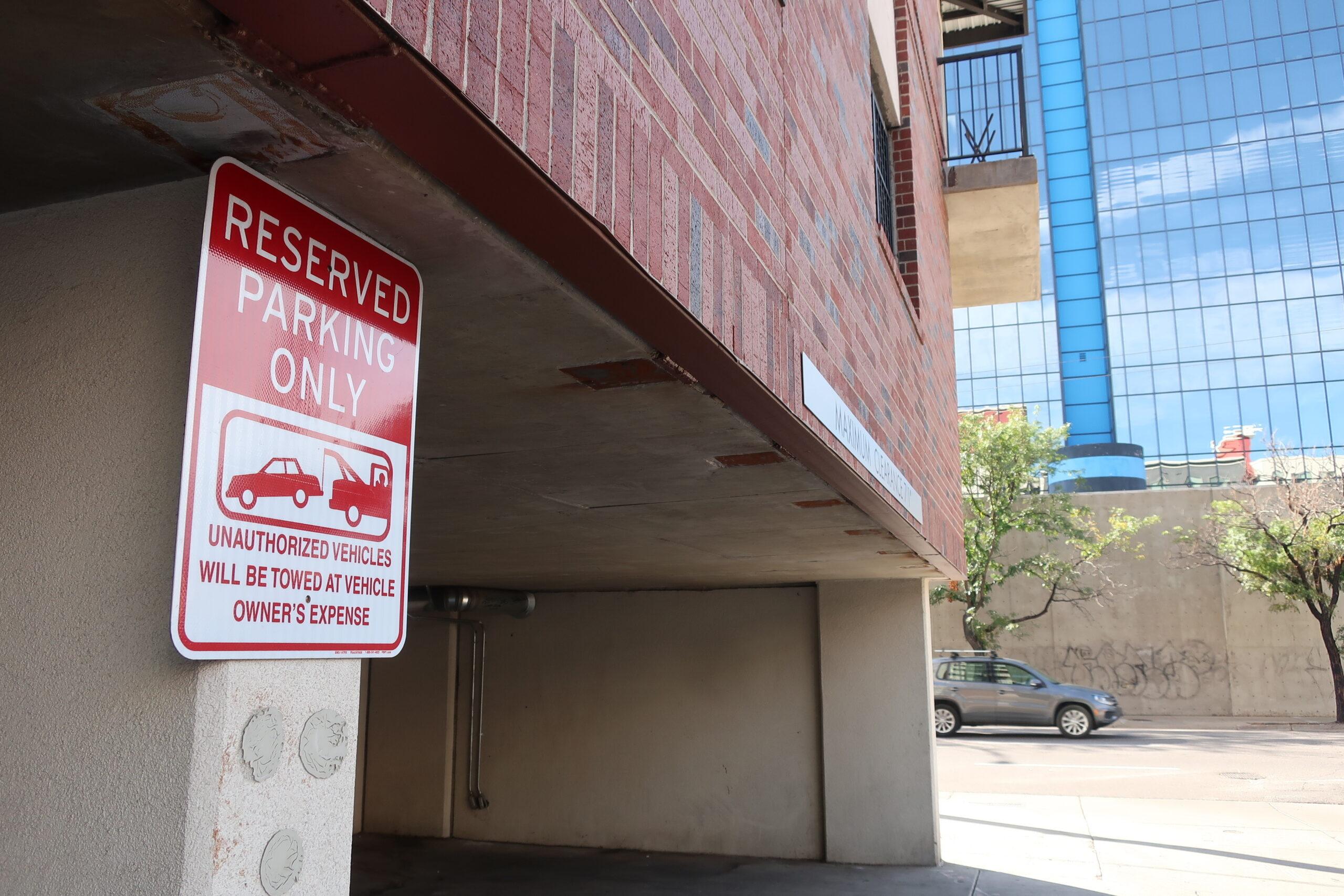
Towing companies in Colorado can’t force customers to enter loan agreements in order to get their car released from an impound lot, according to the state Attorney General’s consumer protection division.
The opinion came in a letter submitted to an administrative law judge at the Public Utilities Commission on July 17. The agency is considering new rules to adhere to a state law meant to protect drivers from predatory towing and the financial turmoil that follows.
If consumers can’t pay their full bill, towers must release cars to owners at a reduced rate of $60 or 15 percent of the cost of the tow, according to the new law. Companies can pursue the remainder through a debt collector or court order.
But some lawmakers and consumer advocates say tow companies are levying high-interest loans against consumers to recoup the rest of the bill, as well as skirting other requirements of the new law, such as not providing information about the reduced-rate release option.
The AG’s letter states that “neither the plain language nor legislative intent” of the new law permits forcing towed customers into loans.
“The intent of this statute was to allow consumers to retrieve their vehicles quickly and avoid (as much as possible) the devastating collateral consequences that can accompany a non-consensual tow,” the letter states.
At least one towing carrier in the state has refused to release cars at a reduced rate unless a consumer agrees to pay 12 percent interest on the remainder of their bill, according to the AG’s letter. The letter didn’t name the operator.
Loans can carry a cascade of negative effects on consumer’s financial health, including late fees and negative credit reporting, said Martha Fulford, assistant deputy attorney general during a PUC hearing on Tuesday.
“We suggest that the rules clarify that these loans may not be required,” Fulford said.
The exact number of companies issuing loans to consumers remains unclear, the AG’s office and lawmakers say. But many consumer advocates have pointed to Wyatt’s Towing as one of the largest issuers of the payment agreements.
During a transportation legislation review committee hearing on Monday, lawmakers said they had received “numerous” complaints from customers about loans and questioned the company’s CEO about the practice.
“We’re hearing that staff are telling consumers that the person that manages reduced rate release programs is not in the office,” said Rep. Andrew Boesnecker during the hearing.
Trevor Forbes, Wyatt’s CEO, said the company did operate a loan program for several months that charged “around 10 percent interest” to recoup the cost of a towing bill. He said the company believed it was operating within the law.
“We’ve been very confused. It’s written in a confusing way,” Forbes said.
Forbes added that the company has since stopped the loan program and will comply with the state’s new guidance.
Outside of Wyatt’s north Denver impound yard on Wednesday, several customers said they weren’t made aware of a reduced rate release program.
Jacob Conrad stepped away from a payment window, holding his phone. He was late for work and had to call an Uber ride to reach the tow yard.
Conrad’s parking pass had expired at 1 a.m. the night before, and Wyatt’s towed his car from his apartment complex the same night, he said. The company told him he had to pay the bill in full to get his car back – and didn’t mention any reduced rate release option.
“They didn't tell me anything,” he said. “They just said $374.”
Consumer advocates say they have gathered dozens of examples of Wyatt’s and other towing companies charging high-interest loans. Complaints have slowed since the PUC’s rulemaking process began earlier this summer, said Zach Neumann, CEO at Community Economic Defense Project.
“The bigger issue now is that companies will tell customers that the person who does the $60 release program isn’t available to process it,” Neumann said.
PUC staff said in a hearing Tuesday that they weren’t sure whether the state’s new rule expressly prohibits loan programs. It only “contemplates” several methods towing carriers can use, including debt collection or court orders, said Nate Riley, the PUC’s transportation section chief.
“I don’t know that the statue is worded in a way that restricts it to only those two possibilities,” he said. “Which is maybe why we’ve seen towing carriers get creative and come up with other alternative methods to best support their business interests.”
A PUC judge is expected to decide whether loans are allowed under the state’s new rule at the end of August.








